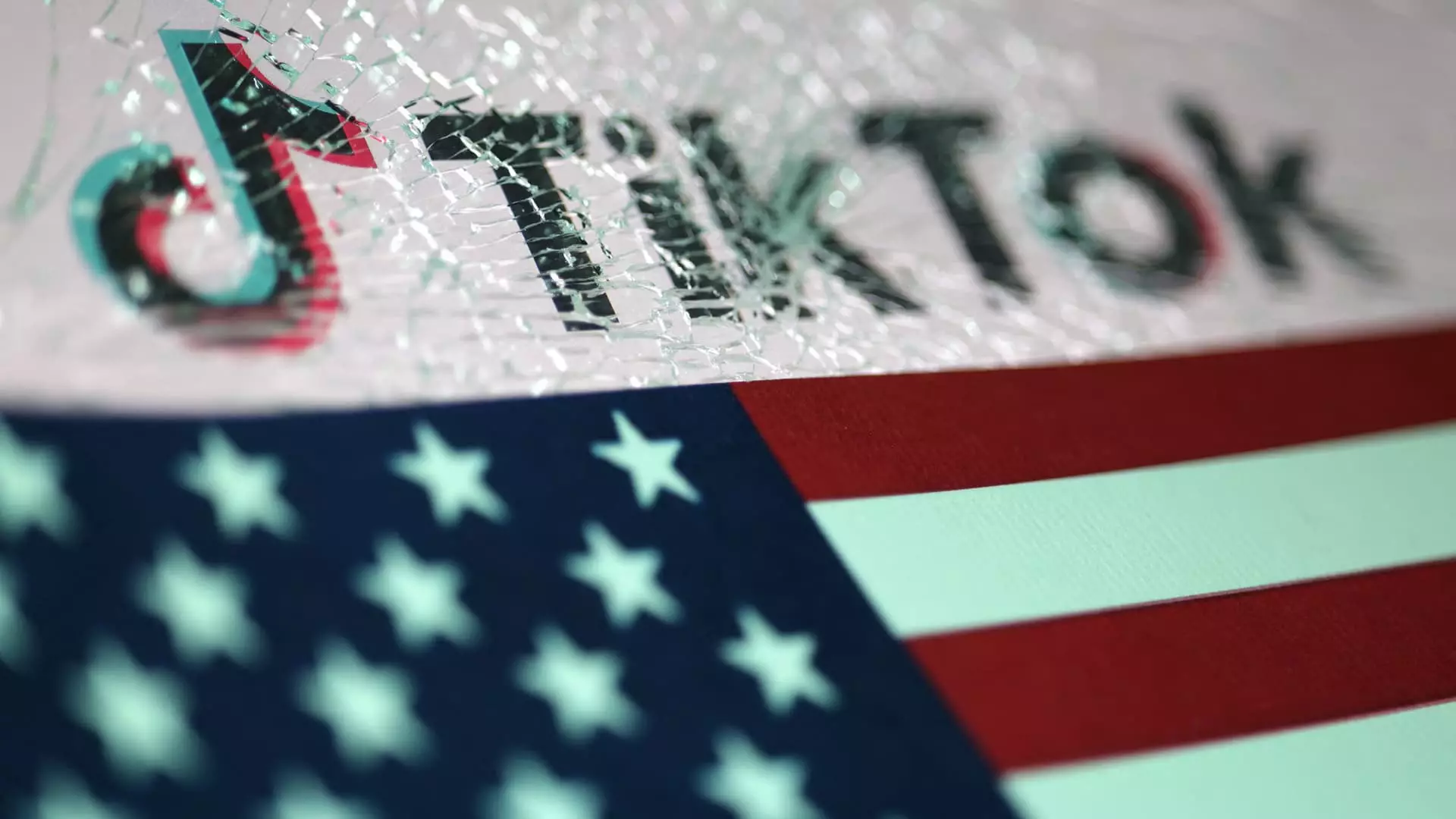The ongoing saga of TikTok in the United States embodies the intersection of technology, policy, and commerce amid rising geopolitical tensions. After a turbulent period where the app faced a possible ban due to national security concerns linked to its Chinese ownership, recent developments have seen a glimmer of hope for its millions of American users. As U.S. officials, including President-elect Donald Trump, weighed in on the issue, the potential for a temporary reprieve from a ban has lit up discussions about free speech and digital censorship.
President Trump’s declaration on social media about his intent to sign an executive order aiming to delay TikTok’s federal ban has reignited discussions about government control over digital platforms. In a brief yet impactful statement, TikTok took to X (formerly Twitter), acknowledging Trump’s move. The company expressed gratitude, deeming the situation a “strong stand for the First Amendment” and positioning itself as a defender against arbitrary censorship. It’s a telling moment, revealing how tech companies are increasingly reliant on political goodwill to navigate turbulent regulatory waters.
This political posturing underscores a larger theme at play: the role of government in determining what platforms are accessible to citizens. For many citizens, TikTok is not merely a social networking app for entertainment; it presents a significant business opportunity for small enterprises and influencers who rely on the platform to reach vast audiences. Trump emphasized the potential damage to over 7 million small businesses if TikTok were banned, further demonstrating the tightrope walk between national security concerns and economic welfare.
Despite some American users being able to access TikTok following the announcement, its future hangs in the balance amid legal uncertainties. The Supreme Court’s ruling upholding a ban indicated a precarious situation for online service providers like Apple and Google, who could face penalties for continuing to host the app. Although users experienced a temporary reprieve from the ban, the lack of a definitive long-term arrangement leaves questions about the app’s viability in the U.S. market.
Adding to the complexity, Trump’s remarks about establishing a U.S.-based joint venture, where American interests could own 50% of TikTok, mark a significant shift in how foreign apps can operate domestically. Such proposals challenge traditional ownership models in tech and suggest a willingness from U.S. officials to consider hybrid solutions. However, ByteDance’s firm position against an outright sale raises doubts about whether such a compromise is feasible.
The Path Forward: Negotiation or Division?
Looking ahead, it remains uncertain how negotiations between TikTok, the U.S. government, and regulatory bodies will unfold. The discussion on ownership and control over data privacy has amplified calls for clearer guidelines regarding digital services. Without a pragmatic resolution that addresses both security concerns and economic implications, platforms like TikTok may continue to thrive in uncertainty, teetering on the edge of regulation while millions of users await clarity.
The future of TikTok in the U.S. encapsulates a broader dialogue about privacy, free expression, and the evolving landscape of digital regulation. As stakeholders on all sides deliberate, the outcome could significantly alter not just TikTok’s trajectory but the overall environment for tech companies operating under the shadows of geopolitical tensions.

